Monday, 22 April 2024
Menu
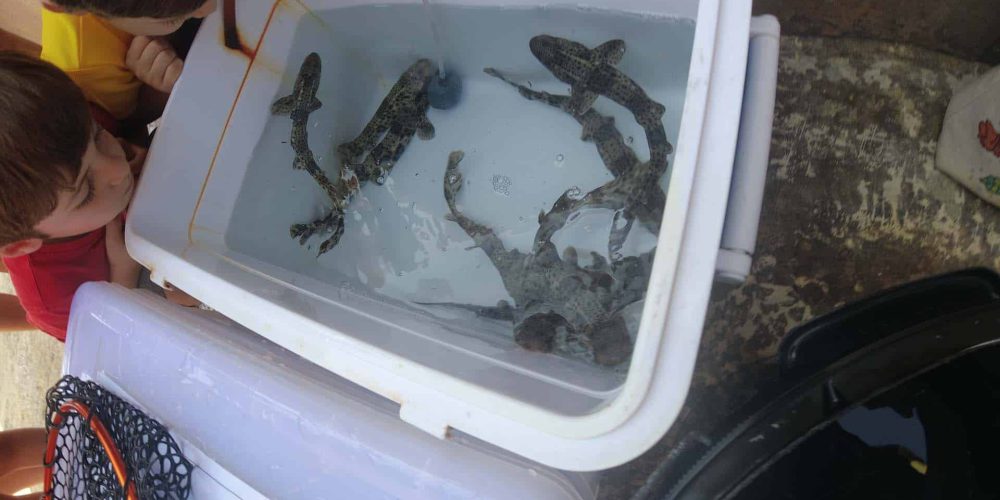
On June 17th, Sharklab, a Maltese-based non-governmental organization (NGO), held an event to release nine sharks into the open sea. The event was organized in collaboration with The Malta National Aquarium and sponsored by Maltaqua dive center (Malta). The NGO arranged a dive to release juvenile Nursehound Sharks that had hatched at the National Aquarium of Malta. These sharks were originally eggs rescued from the local fishing market, and nine of them had successfully hatched!
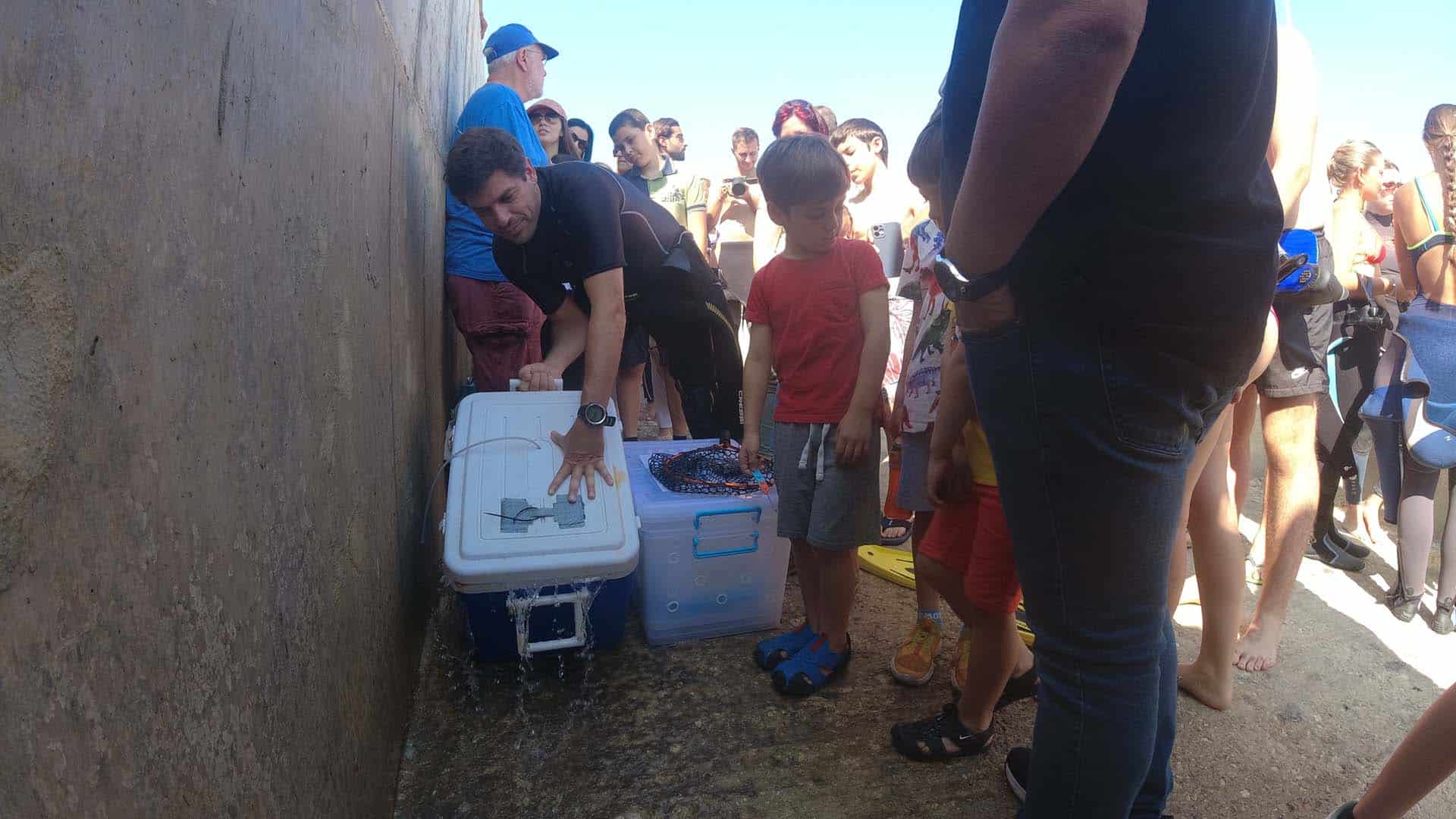
This event is part of Sharklab’s ongoing yearly releases. The NGO was the first in Malta to successfully grow and hatch shark eggs, releasing them in the wild. In 2011, the first egg was obtained from the fish market and monitored in a controlled aquarium. The egg showed signs of growth, eventually revealing a visible embryo. Starting from 2012, Sharklab began collecting eggs of Smallerspotted Catsharks (Scyliorhinus canicula) and Nursehounds (Scyliorhinus stellaris), from deceased mothers. These eggs were then placed in separate growth conditions to determine the most suitable conditions for each species. The first baby sharks wore released in 2013, marking the beginning of the groundbreaking project the first of its kind in the world. The success of Sharklab’s efforts has inspired similar initiatives in multiple countries, leading to the recovery of more oviparous eggs from fishermen.
Focused on raising awareness, educating the public, and conducting research on elasmobranchs specific to the Maltese Islands. Elasmobranchs encompass various species such as sting rays, sharks, chimera, and skates. The primary team consists mostly of volunteers, with yearly changes, since the NGO’s founding in 2008 by Greg Nowell. Over the years, the NGO has released over 350 baby sharks. Sharklab has participated in numerous conferences and campaigns related to biodiversity and habitat restoration projects, in addition to rescuing fertilized eggs and juveniles.
The NGO is a branch of a larger European entity called The Shark Alliance, which aims to address gaps in the EU’s legislation regarding shark finning and the discarding of shark bodies sea. The Shark Alliance has contributed to successful shark conservation efforts within the EU, making it a global leader in the area. However, there is still a need for other parts of the world to catch up. Therefore, the NGO is actively advocating for and educating on a science-based approach to shark conservation, aiming to raise awareness and educate worldwide.
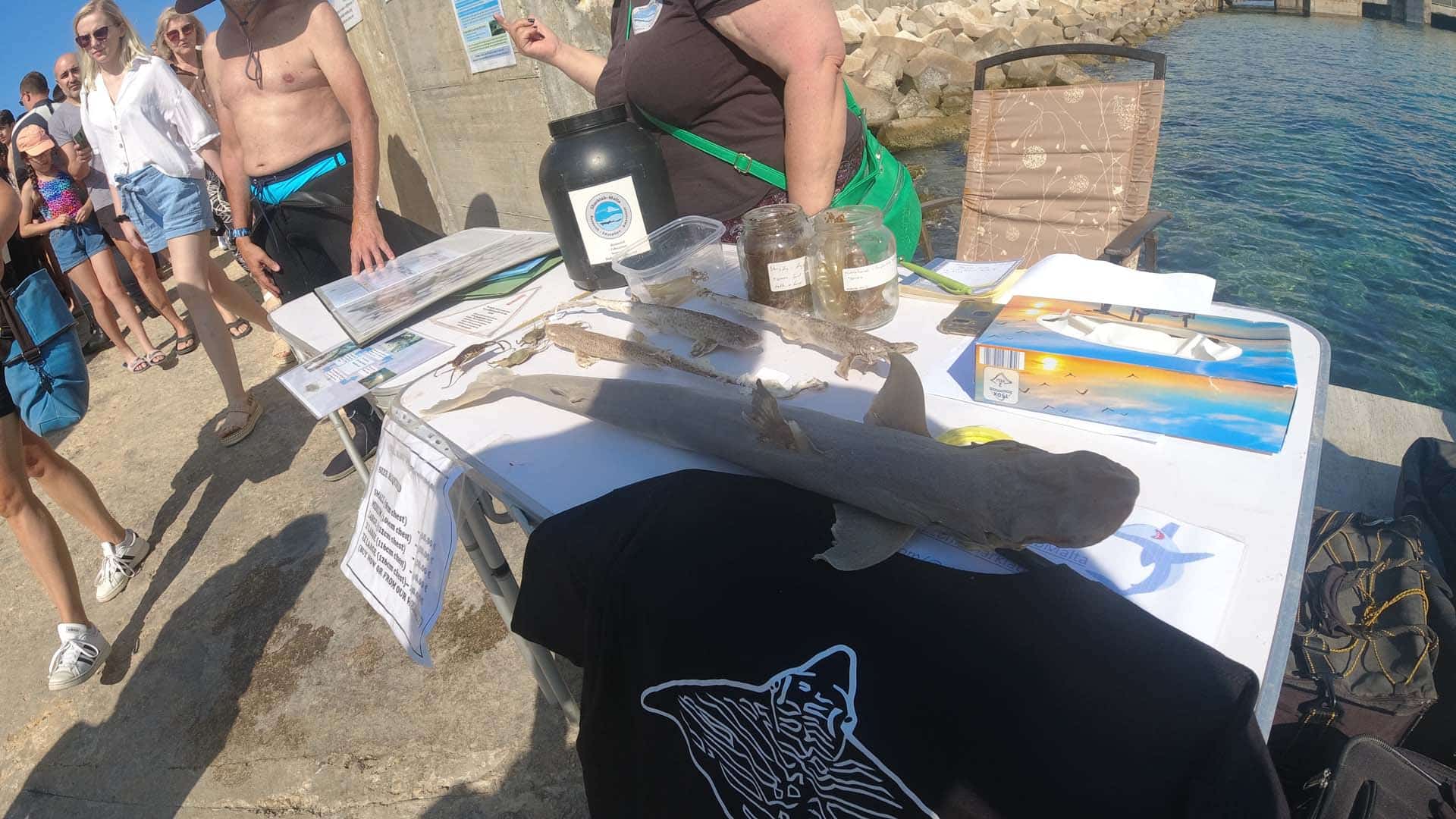
Sharklab’s overarching goal is to conduct research, conserve, and protect elasmobranchs in the Maltese Islands. They actively involve the public in citizen science initiatives to expand their knowledge database on these species. A notable example is their focus on the rare and critically endangered bull ray species (Aetomylaeus bovinus). To gather more information about the population, Sharklab has created a QR code that allows individuals to report any sightings of the species. This collective effort helps provide a better understanding of the bull ray’s population dynamics.
The successful hatching and release of baby sharks species by Sharklab play a crucial role in maintaining animal populations and sustaining biodiversity. Individuals can adopt a shark and participate in the egg recovery and release program. Once an adopted egg hatches, the adopter receives progress updates, including photos, until the day when the shark can be released back into the wild. The initiative not only allows individuals to contribute to conservation efforts but also supports Sharklab in their ongoing missions to preserve marine life.
Through these combined efforts, Sharklab strives to make a positive impact on the marine ecosystem and ensure the long-term survival of elasmobranchs in the Maltese Islands.
———–
The nursehound shark, also known as the large-spotted dogfish or greater spotted dogfish (Scyliorhinus stellaris), is a species of catshark found in the northeastern Atlantic Ocean and the Mediterranean Sea. They are a small to medium-sized shark, typically reaching lengths of up to 3.3 feet (1 meter). Nursehound sharks have a distinctive appearance with a broad, flattened head, rounded snout, and a pattern of dark spots and blotches on their reddish-brown or greyish skin.
These sharks are bottom-dwelling creatures, usually found at depths between 65 to 200 feet (20 to 60 meters), though they can be found deeper in some areas. Nursehound sharks primarily feed on crustaceans, mollusks, and small fish. They are oviparous, meaning they lay eggs in protective cases known as “mermaid’s purses,” which are then anchored to seaweed or other underwater structures until they hatch.
Nursehound sharks are not considered dangerous to humans, as they are generally shy and avoid interaction. However, their populations have been negatively impacted by fishing activities, making conservation efforts crucial for their survival.
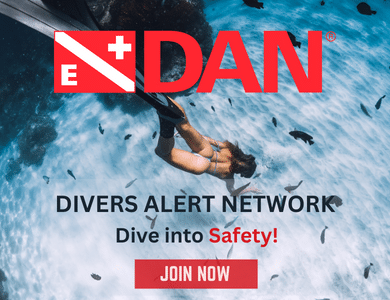
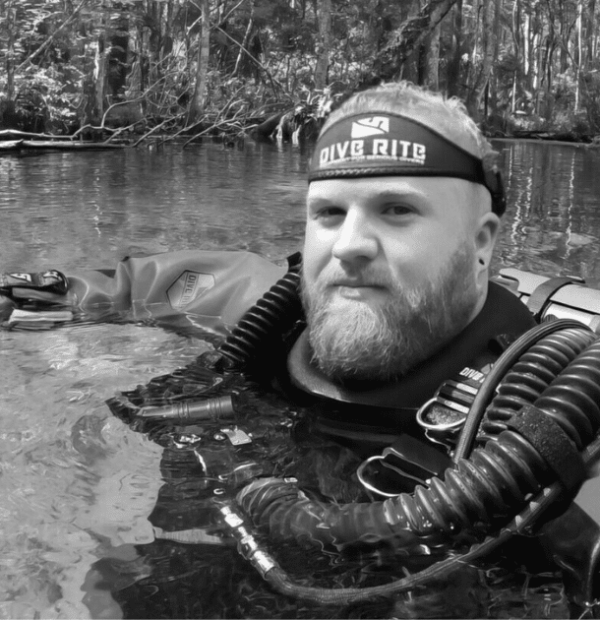

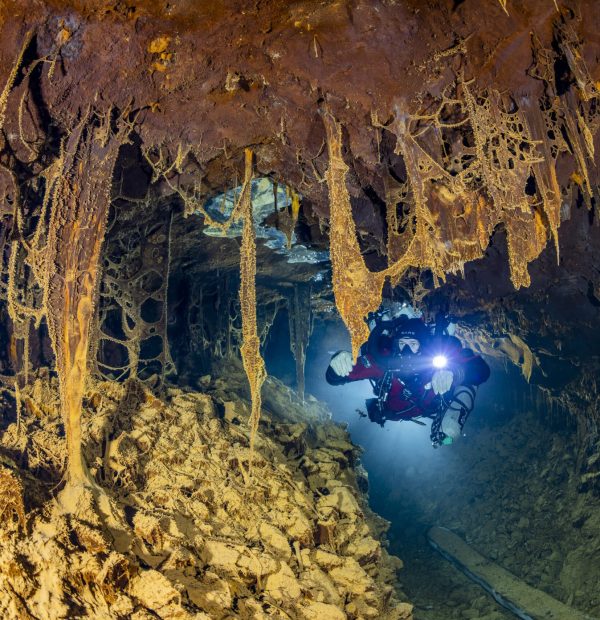
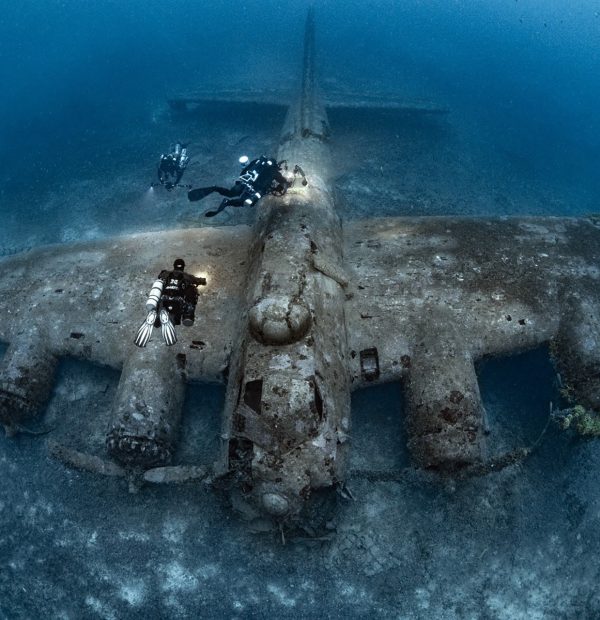
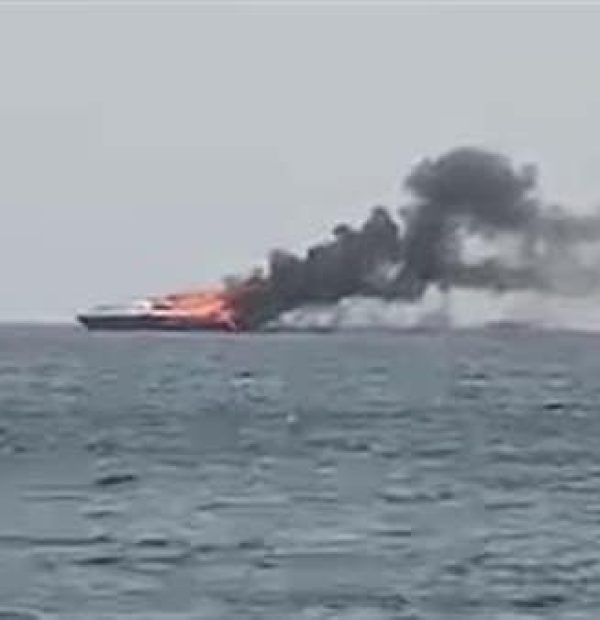
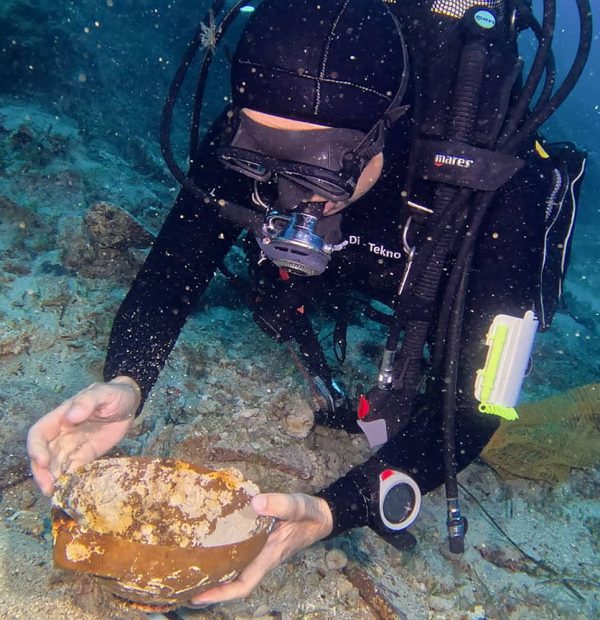
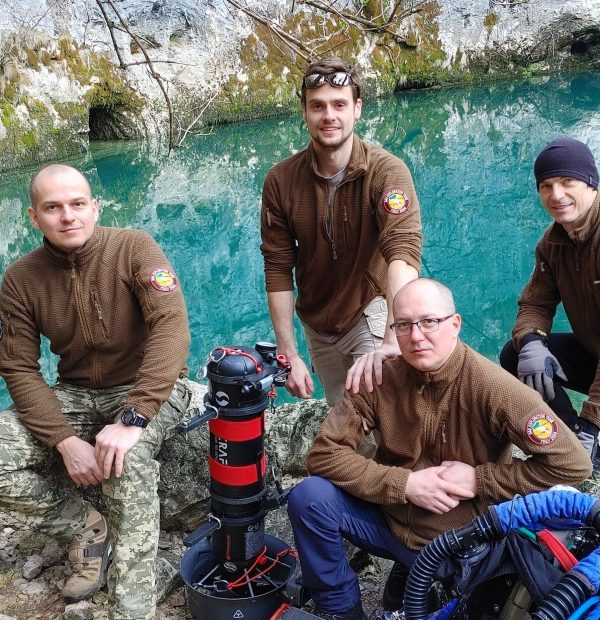

Welcome to DIVERS24.COM, your daily source of scuba news, freediving, scuba diving information, and equipment reviews. Our comprehensive coverage of the dive industry from A to Z provides you with all the latest scuba news, training updates, underwater photography tips, and everything else related to scuba diving. Whether you’re a beginner or an experienced diver looking for more knowledge about scuba gear or techniques – we’ve got it covered! With our in-depth articles written by experienced divers who have been there and done that, you are sure to find exactly what you need here at Divers24.com. Dive into scuba news today!
Underwater Media Sp. z o.o.
Szafarnia 11/F8,
80-755 Gdansk, Poland
Welcome to DIVERS24.COM, your daily source of scuba news, freediving, and scuba diving information. Sign in for a weekly news update and discount coupons for dive gear and apparel.
@2023 - underwatermedia.pl. All Right Reserved. Designed and Developed by Tworzenie stron internetowych Gdansk

The Divers24 portal is currently the largest online medium treating diving in Poland. Since 2010 we have been providing interesting and important information from Poland and around the world on all forms of diving and related activities.
Contact us: info@divers24.com